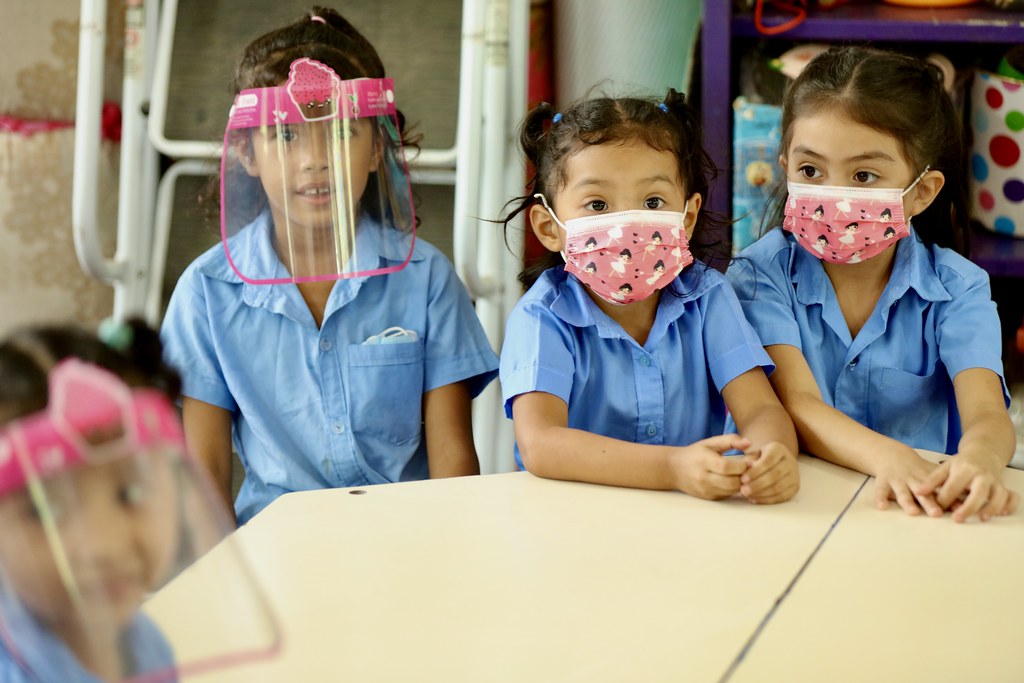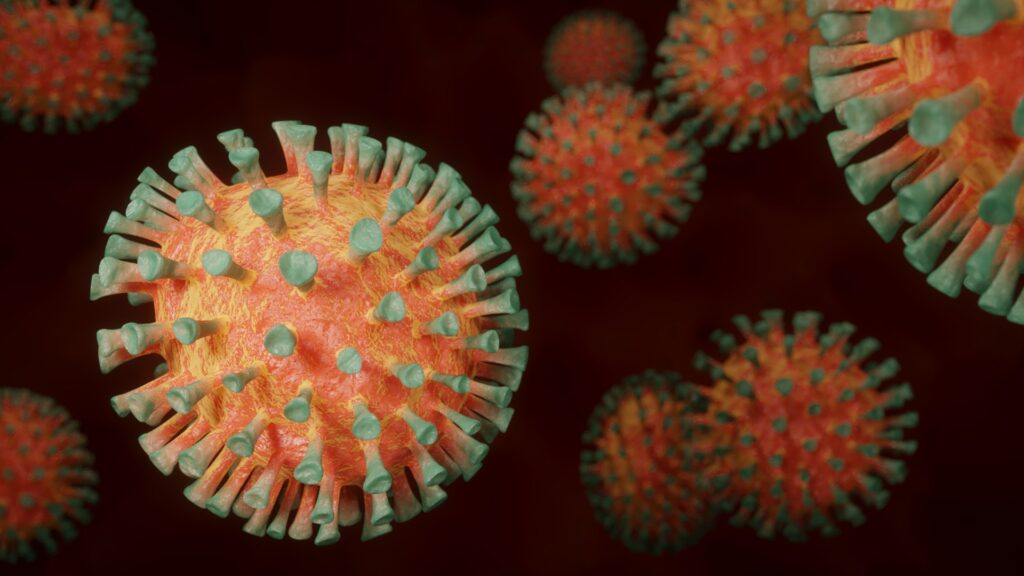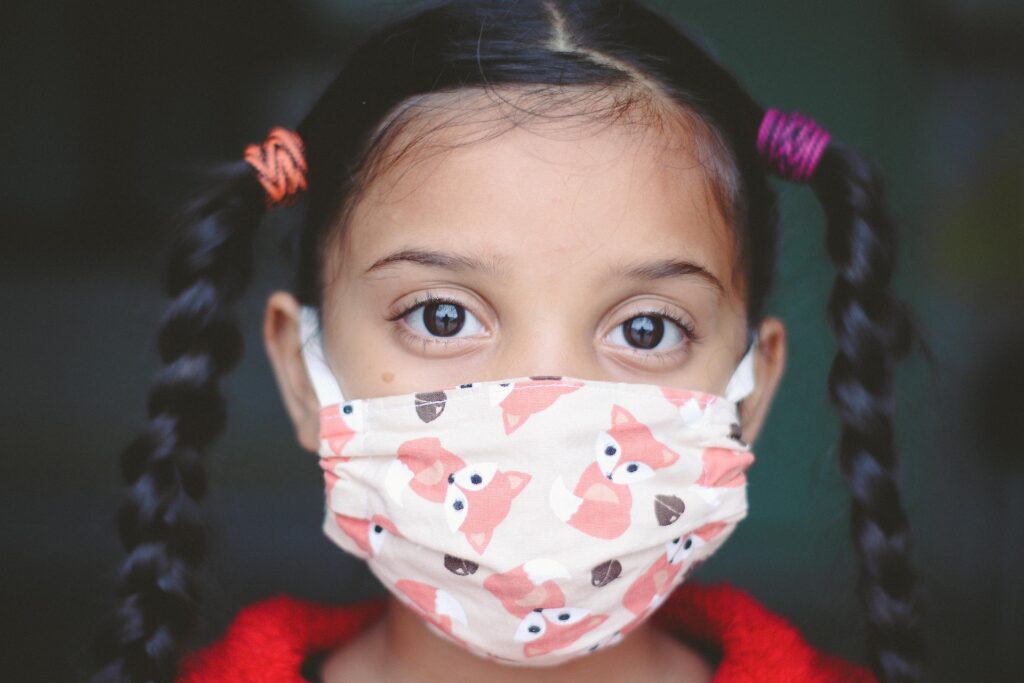Introduction
Kerala is once again facing a serious health crisis as the Nipah virus has resurfaced, leading to heightened concern among the public. This deadly virus, first identified in Kerala in 2018, has returned with alarming implications, causing significant disruptions and health scares across the region.

What is the Nipah Virus?
Nipah virus (NiV) is a zoonotic virus, meaning it is transmitted from animals to humans, primarily through fruit bats, which act as natural hosts. The virus can also spread through contaminated food and direct human-to-human contact. It was first detected in 1999 during an outbreak in Malaysia, and it has since caused sporadic outbreaks in countries such as India and Bangladesh.

Current Situation in Kerala
In Kerala, several cases have been confirmed, and authorities are taking every precaution to limit its spread. The government has enforced containment measures, such as localized lockdowns, contact tracing, and quarantines to manage the outbreak. Health workers are on high alert, and containment zones have been established to prevent further transmission. Public places, including schools and offices, have been closed in affected areas, and thorough testing is underway.
How Does Nipah Virus Spread?

The Nipah virus spreads in several ways, including:
- Contact with infected animals, particularly bats and pigs.
- Consuming contaminated food, such as fruit tainted by bat saliva or droppings.
- Close contact with infected individuals, including exposure to bodily fluids like saliva, urine, or respiratory droplets.
Symptoms of Nipah Virus Infection
Nipah virus infection typically presents with symptoms similar to the flu, making early detection difficult. Common symptoms include:
- Fever
- Headaches
- Muscle aches
- Sore throat
- Vomiting
As the disease progresses, it can lead to more severe symptoms, including:
- Acute respiratory distress
- Brain inflammation (encephalitis)
- Confusion or disorientation
- Seizures
- Coma in severe cases
The fatality rate for Nipah virus infections ranges between 40% to 75%, making it a high-risk virus.
How Kerala is Tackling the Outbreak

The Kerala government has ramped up efforts to control the spread of the Nipah virus. Immediate measures taken include:
- Quarantine protocols for those who have been exposed to infected individuals.
- Sealing of containment zones to minimize movement and reduce the chance of further infections.
- Intensive contact tracing to identify and monitor people who may have been in close proximity to confirmed cases.
- Increased testing and screening efforts in affected regions.
- Public awareness campaigns to educate the community on preventive steps and precautions.
Public health teams are also advising people to avoid consuming fruits that might have been exposed to bats and to maintain rigorous hygiene practices.
Steps You Can Take to Stay Safe

Preventing the spread of Nipah virus requires community participation and vigilance. Here’s how you can protect yourself and your loved ones:
- Avoid direct contact with bats and pigs, especially in affected regions.
- Ensure fruits are properly washed before eating, and discard any that seem damaged or tampered with.
- Follow good hygiene practices, including washing hands frequently with soap.
- Pay attention to symptoms, and seek medical attention immediately if you or anyone around you shows signs of infection after contact with animals or sick individuals.
- Adhere to government advisories on lockdowns and restricted zones.
Impact on Mental and Emotional Health
The resurgence of Nipah virus has understandably caused fear and anxiety, particularly as Kerala has not long emerged from the grips of the COVID-19 pandemic. With containment zones in place and restrictions on movement, the emotional toll on individuals and families cannot be ignored. It’s essential to stay mentally resilient during this time by staying connected with loved ones through safe channels, accessing mental health support if needed, and keeping informed through reliable sources.
Conclusion: A Community United Against Nipah
While the Nipah virus poses a significant threat due to its high mortality rate, the combined efforts of the government, healthcare workers, and community members can help curb its spread. The key to overcoming this outbreak lies in collective responsibility, with everyone adhering to health guidelines, maintaining personal hygiene, and supporting one another emotionally.
Together, Kerala can face this challenge head-on, just as it has triumphed over past health crises. Stay safe, be informed, and let’s work towards defeating the Nipah virus outbreak with strength and unity.
This virus has been on a rampage already read more at https://www.hindustantimes.com/india-news/nipah-virus-outbreak-175-people-in-contact-list-says-kerala-health-minister-101726503487955.html

